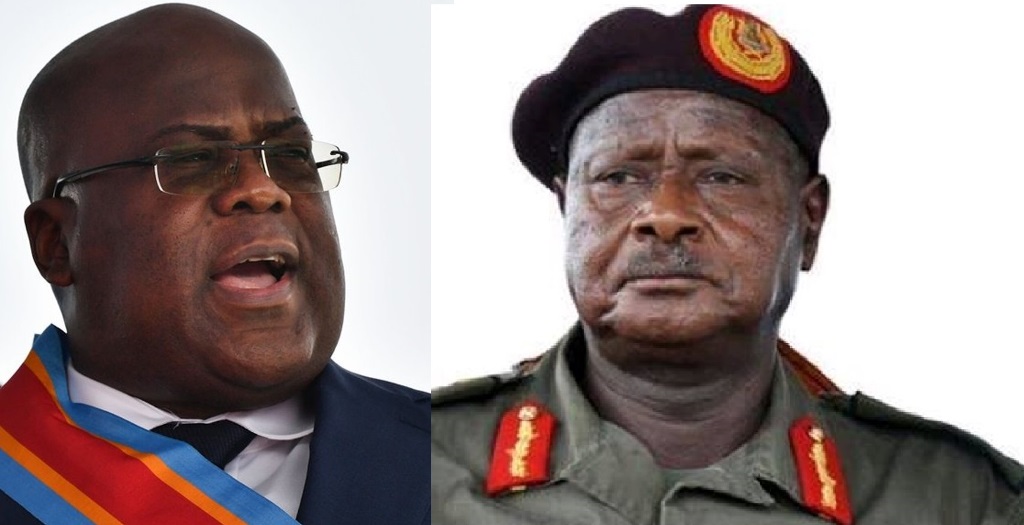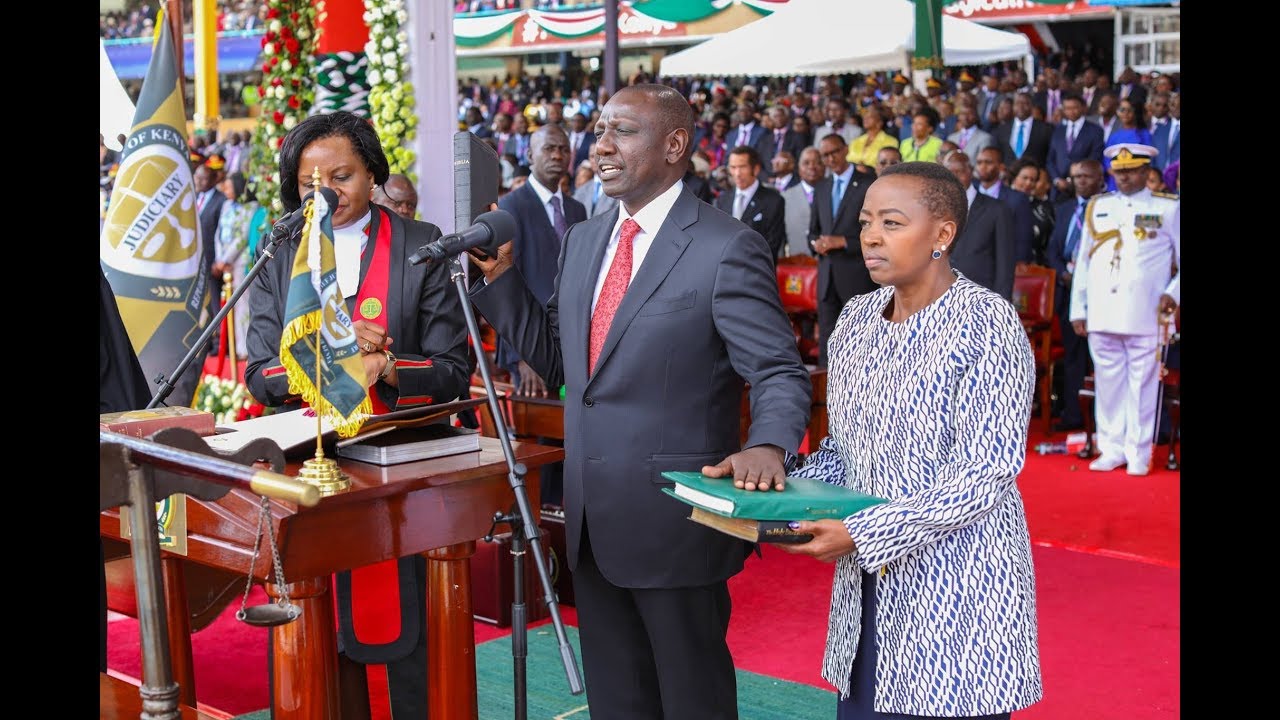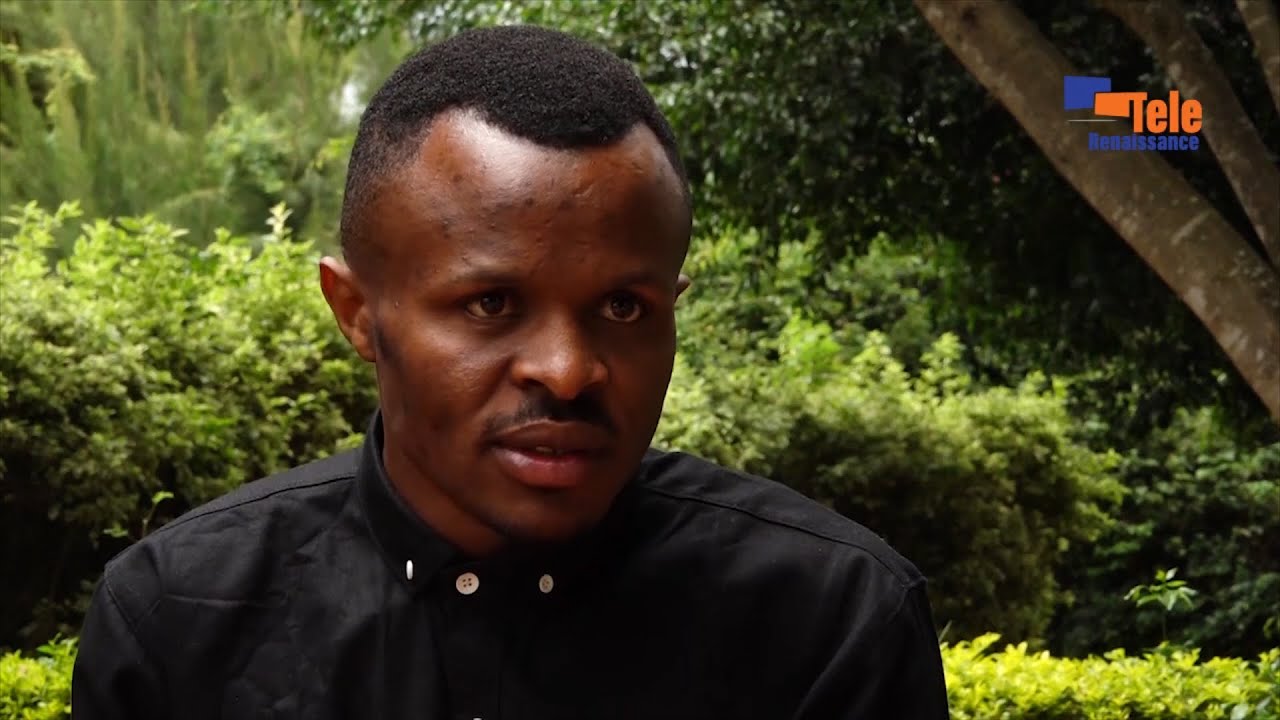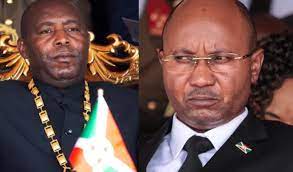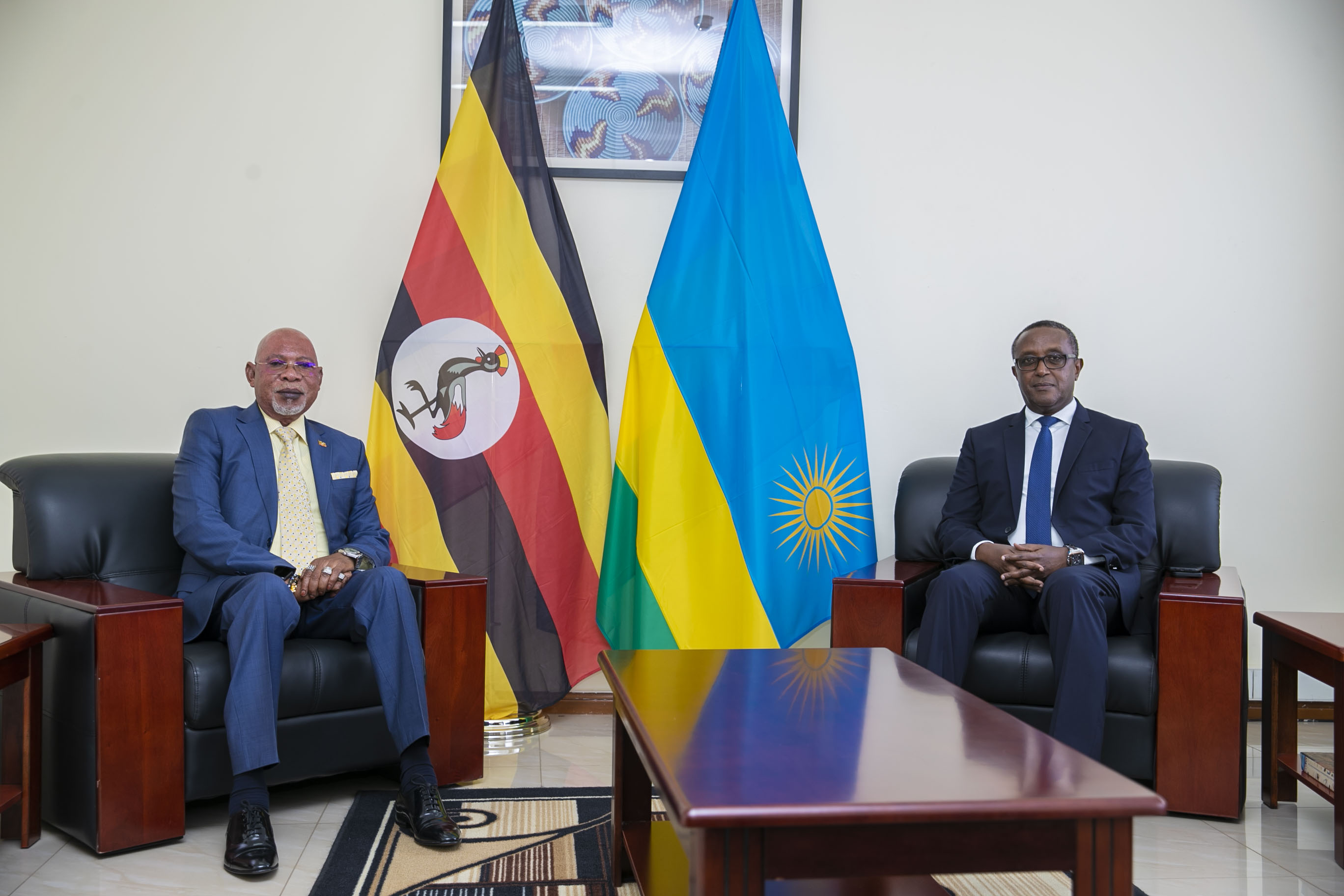Regional
Guterres admits UN force cannot protect civilians against rebels in DRC

For
the first time, the UN Secretary General, Antonio Guterres, has publicly
admitted that the UN mission in DRC, or MONUSCO, is not capable of protecting
civilians against armed groups.
The
admission is more than a disappointment to the people of eastern DRC who have
not known peace for decades. It is a disappointment too, to the entire Great
Lakes region that is destabilized by armed groups based in the eastern region
of DRC.
In
an interview with France24 and RFI, on September 18, the UN Secretary General
laid bare the weaknesses and inefficiency of MONUSCO to fulfill its mandate
despite an exorbitant budget allocation
in billions of dollars in the last 20 years.
Asked
by RFI journalist Christopher Boisbouvier about the demonstrations against
MONUSCO and accusations by civilians for not being able to protect them against
rebels, with no shame the UN chief responded: “The reason behind the latest protests
is because the United Nations can’t effectively fight against the M23 and the
truth is; the M23 is an armed force… heavily equipped armed force and even
better equipped than MONUSCO.”
Available
data indicates that the approved budget of MONUSCO for the financial year
2021-2022 amounts to $1,123,346,000. If the UN Secretary General claims that
the UN force, with this amount of money, cannot be better equipped than rebels,
something is fundamentally wrong within the UN system.
But, that aside, it is also not understandable why Guterres spent more time talking
about the M23 when there are more than 130 armed groups that contribute to
insecurity in eastern DRC. He also kept silent on all the unfulfilled
agreements between the M23 and the Kinshasa government, which is part of the
root cause of the conflict.
On
the question of FDLR, a Rwandan genocidal militia in eastern DRC, Guterres
simply acknowledged its presence
but could not explain why MONUSCO has for the last 20 years failed
to fight and disarm the terror group that he rightly says is responsible for
the genocide against the Tutsi in Rwanda.
The
dangerous genocide ideology exported to eastern DRC by FDLR is the cause of
recent killings as well as widespread hate speech against Kinyarwanda speaking
Congolese and Rwandans in DRC. Guterres did not condemn the hate speech
promoted by Congolese government officials and civil society.
Unlike
the UN chief who has lost hope on bringing peace to eastern DRC, Rwandan
President Paul Kagame sees it differently. While speaking at the UN General
Assembly in New York, on September 21, Kagame said that “in the eastern Democratic Republic of Congo,
recent setbacks have served to highlight that the security situation is
fundamentally no different than it was 20 years ago, when the largest and most
expensive United Nations peacekeeping mission was first deployed.
“This
has exposed neighbouring states, notably Rwanda, to cross-border attacks that
are entirely preventable. There is an urgent need to find the political will to
finally address the root causes of instability in eastern DRC.”
The
blame game does not solve the problems, Kagame said.
“These
challenges are not insurmountable, and solutions can be found. This would
ultimately be much less costly in terms of both money and human lives. Despite
shortcomings, there are examples to demonstrate that international cooperation
can successfully address the issues that matter to all of us.”
On
the other hand, I totally agree with the UN-SG when in his interview with
France 24 and FRI he pointed out that: “I am entirely in favor of there being
African peace keeping forces to impose peace and fight terrorism, under the
command of African Union and financed by compulsory contributions from the
United Nations system like peace keeping forces. Without robust African peace
enforcing forces, I believe we will get nowhere.”
Actually,
this should have been option number one, before UN wasted billions of dollars
for more than two decades without any tangible solution to the chronic insecurity in eastern DRC.
Instead
of providing solutions, the UN force has instead become part of the problem.
Evidence points at close collaboration between MONUSCO and FDLR, Mai Mai, and
other armed groups that it is supposed to fight. Without the will to
effectively fight these groups and protect civilians at risk in eastern DRC,
the situation represents a total failure of the UN mission. In fact, this
brings into question what the real mandate of MONUSCO is in DRC.
Guterres
should not keep lamenting but call on his troops to pack up their bags and
leave.


